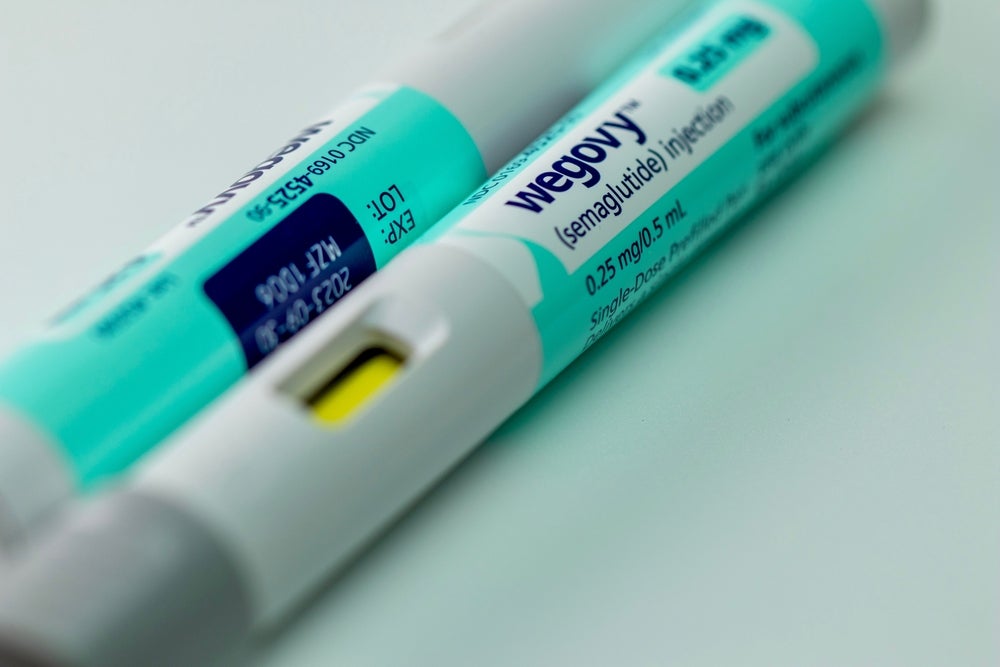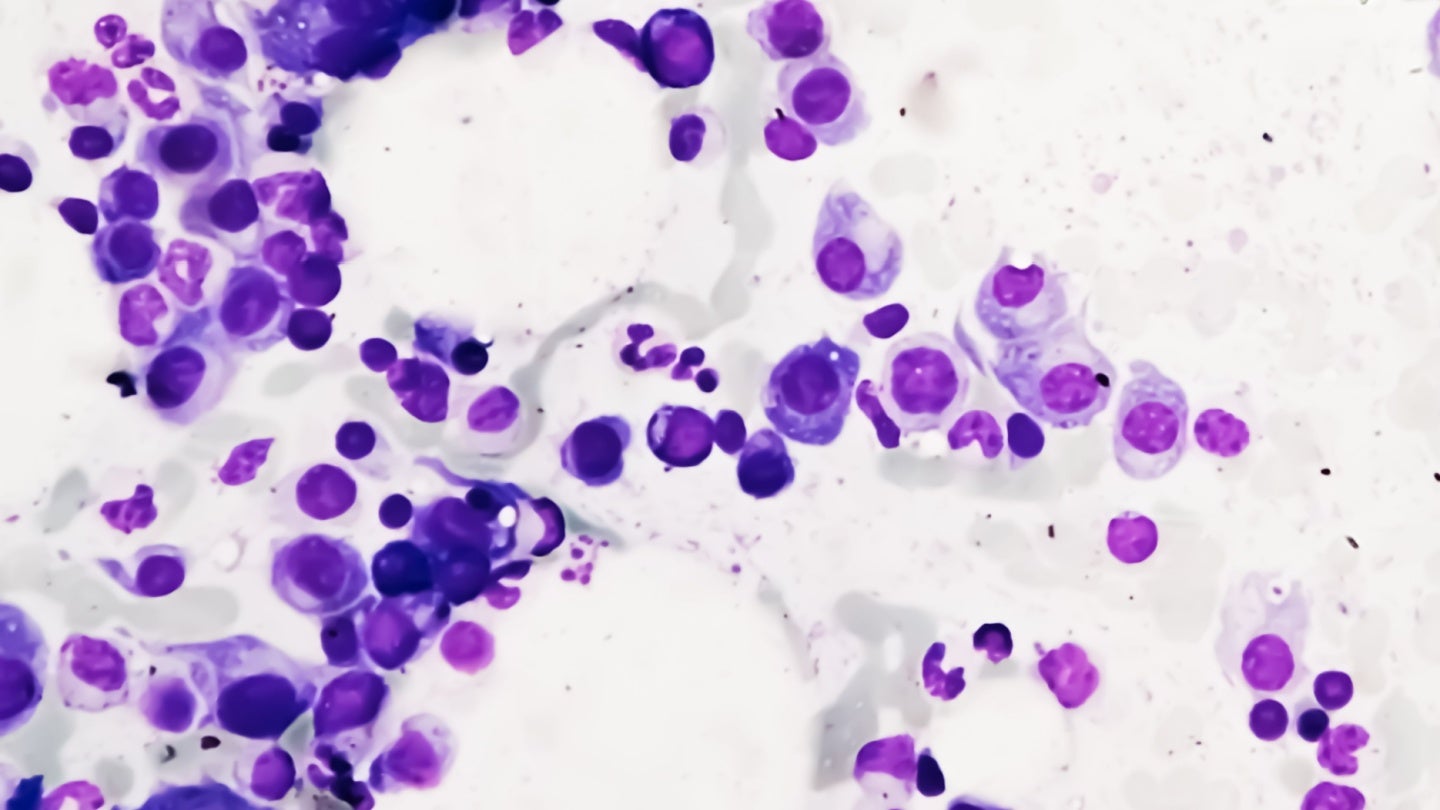Roche And Exelixis’ Drug Combo Grabs Late-Stage Prostate Cancer Victory
After a string of failures in the clinic, the Tecentriq/Cabometyx combination developed by Roche and Exelixis proved successful in treating advanced, difficult-to-treat prostate cancer. The companies announced that Roche’s immuno-oncology superstar Tecentriq, alongside the tyrosine kinase inhibitor Cabometyx from Exelixis and Ipsen, enabled those suffering from pretreatment metastatic castration-resistant prostate cancer to survive longer without […] The post Roche And Exelixis’ Drug Combo Grabs Late-Stage Prostate Cancer Victory appeared first on LifeSci Voice.

After a string of failures in the clinic, the Tecentriq/Cabometyx combination developed by Roche and Exelixis proved successful in treating advanced, difficult-to-treat prostate cancer. The companies announced that Roche’s immuno-oncology superstar Tecentriq, alongside the tyrosine kinase inhibitor Cabometyx from Exelixis and Ipsen, enabled those suffering from pretreatment metastatic castration-resistant prostate cancer to survive longer without the illness deteriorating. One of the two major objectives of the larger phase 3 CONTACT-02 study was met by the combination treatment.
The firms also reported seeing a “trend toward improvement” in survival rates as a whole, the “gold standard” of oncology. According to a press statement from Exelixis, the findings were not ready for the progression-free survival readout because they were not statistically significant.
The subsequent analysis of overall survival will proceed as scheduled, the firm said, so the study will continue. The combination’s safety profile was consistent with that of the individual medications, and no novel signals were detected.
Roche and Exelixis’ combination regimen has recently had a hard time showing its usefulness in liver cancer and lung cancer, so this partial victory is encouraging. The combination’s last clinical study, CONTACT-03 for kidney cancer, was a failure in March.
According to the trial design parameters released in 2022, the combination of Cabometyx with Tecentriq for prostate cancer would be declared successful if it showed statistical significance with regard to progression-free survival or overall survival.
CONTACT-02 included 575 participants who were assigned to receive either Cabometyx and Tecentriq or another new hormonal treatment – either Xtandi (created by Astellas and Pfizer) or Zytiga (created by Johnson & Johnson). Patients were included in the study if they had a relevant clinical soft tissue illness and had previously attempted at least one hormonal treatment.
According to Exelixis, prostate cancer is the second-most prevalent disease among males and the fourth-most common cancer in the world. According to the firm, there were over 1.4 million new instances as well as 375,300 fatalities from prostate cancer in 2020.
After a rocky clinic run, Cabometyx alongside Tecentriq may have finally found its stride with Monday’s victory.
In March, researchers found that in individuals with kidney cancer whose disease had advanced after starting chemotherapy, the combination did not improve survival rates over Cabometyx alone. Previously, in the phase 3 CONTACT-01 investigation, individuals with unmutated non-small cell lung cancer whose illness worsened during or following therapy with a checkpoint inhibitor of the immune system plus platinum chemotherapy did not achieve the primary endpoint.
Before that, Cabometyx and Tecentriq were unable to beat Bayer’s Nexavar at extending the lives of individuals with untreated hepatocellular carcinoma (HCC), the most prevalent form of liver cancer.
The post Roche And Exelixis’ Drug Combo Grabs Late-Stage Prostate Cancer Victory appeared first on LifeSci Voice.
What's Your Reaction?

































